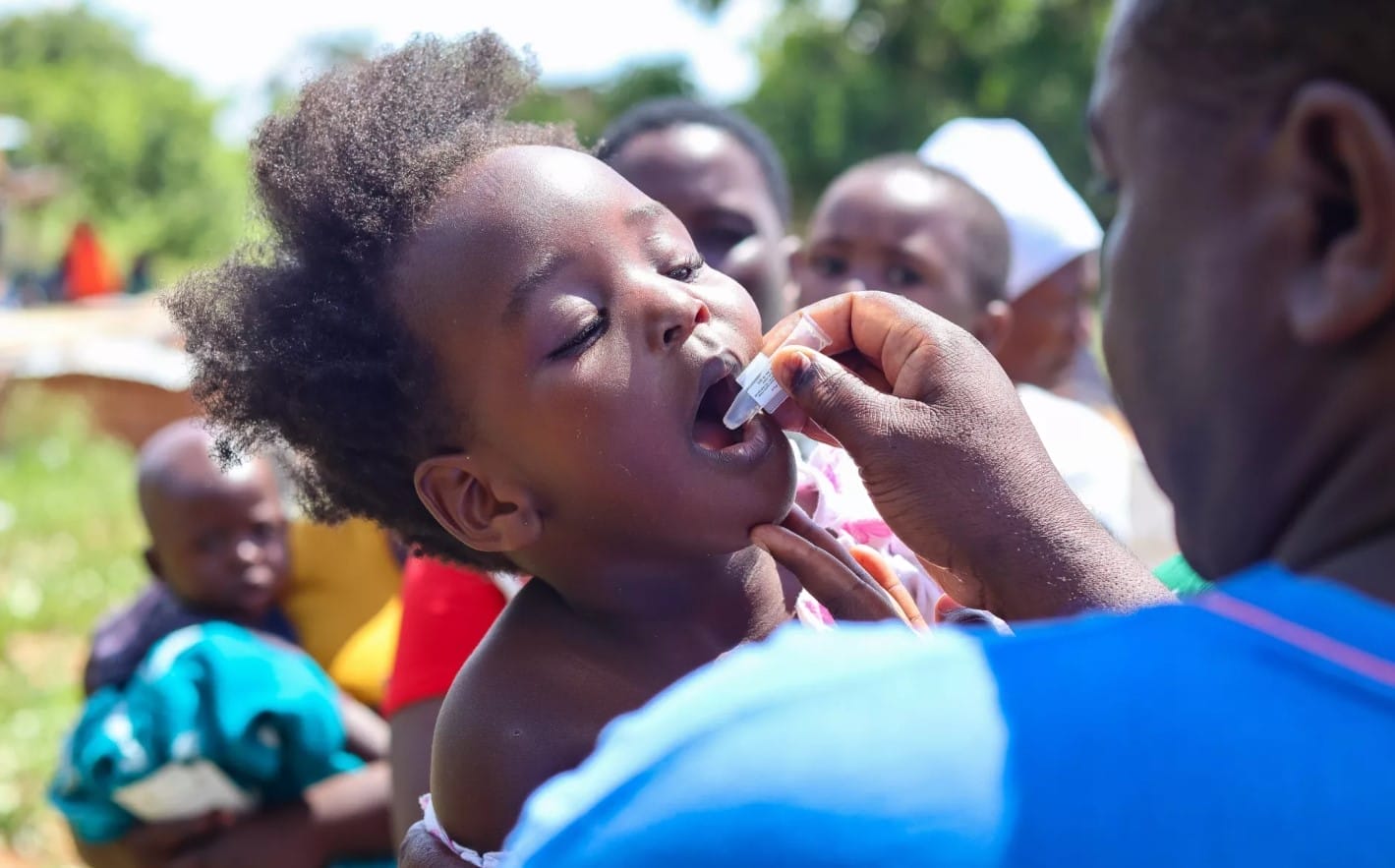UNICEF has issued an urgent appeal as cholera continues to spread across West and Central Africa, warning that over 80,000 children are at high risk amid worsening weather conditions and fragile infrastructure. The outbreak, now affecting more than 10 countries, poses both a humanitarian and public health crisis with potential ripple effects across regional economies.
According to UNICEF, the most severe cases have been reported in the Democratic Republic of Congo (DRC), where over 38,000 infections and 951 deaths have occurred this year. Children under the age of five make up more than a quarter of all recorded cases. Nigeria, Africa’s most populous nation, has also seen a resurgence, with 3,109 suspected cases and 86 fatalities recorded by late June, according to data verified by the UN Office for the Coordination of Humanitarian Affairs (OCHA).
ALSO READ: UNICEF, Kano Govt to Immunize 3.9 Million Children in Major Health Infrastructure Push
UNICEF Regional Director Gilles Fagninou attributed the escalation to seasonal rains, large-scale flooding, and ongoing displacement, which have disrupted access to clean water and sanitation across vulnerable communities. According to the UN spokesperson’s briefing at headquarters in New York, other affected or high-risk countries include Chad, Niger, Cameroon, Liberia, Benin, and Côte d’Ivoire.
The UN agency has requested an emergency funding envelope of $20 million to respond over the next three months, citing urgent needs in vaccine delivery, water purification, hygiene kits, and disease surveillance. According to UNICEF’s regional humanitarian outlook, over 46 million children across West and Central Africa are already in need of humanitarian assistance in 2025, with waterborne diseases posing a significant and growing threat.
ALSO READ: FG Launches Nutrition 774 Strategic Board to Tackle Malnutrition Nationwide
The economic implications of the outbreak are also beginning to emerge. Analysts warn that fragile healthcare systems, strained municipal budgets, and poor rural connectivity could compound recovery costs. According to development economists cited by Africa Newsroom, key sectors such as agriculture, informal trade, and regional logistics could face interruptions if cholera spreads further through border communities and transport corridors.
For corporate actors and international partners engaged in West Africa’s WASH (Water, Sanitation and Hygiene) sector, the outbreak underscores growing demand for investment in public health infrastructure and community resilience. According to World Bank regional projections, climate-linked health shocks are expected to rise in frequency, placing additional fiscal stress on low- and middle-income countries across the Sahel and Gulf of Guinea.
With the rainy season forecasted to intensify through August, UNICEF warns that without immediate intervention, both the human toll and economic disruption could deepen. The agency continues to coordinate with national governments, WHO, and local NGOs to deploy cholera response units, supply chains, and information campaigns aimed at containing the disease.

